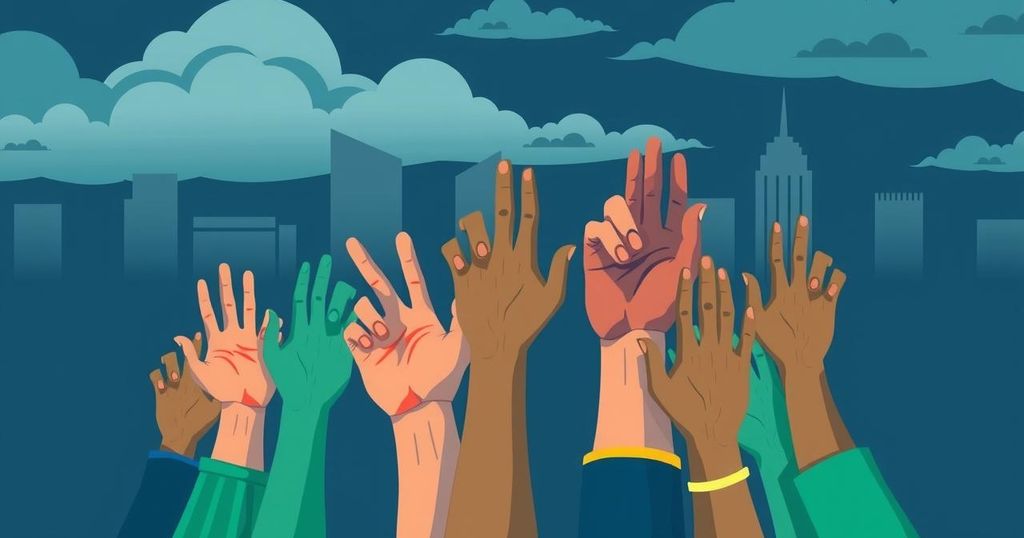The Impact of Corruption on Ghana’s Poor: Historical Perspectives and Solutions
Corruption in Ghana profoundly affects the poor, with both major political parties implicated in graft. Historical resistance against corrupt leadership exists, illustrated by the Asante and Fante societies. Current efforts to combat corruption need to integrate grassroots activism, as government measures alone often fall short. Comprehensive views on corruption reveal its impact on different socioeconomic classes, highlighting the necessity of community involvement for genuine change.
Corruption in Ghana has a severe impact on its poorest citizens. The recent actions of John Mahama’s administration, particularly the declaration of the former finance minister as a fugitive, highlight the ongoing issues with graft in the country. However, both the National Democratic Congress and the New Patriotic Party have faced corruption allegations, indicating that the problem persisted through administrations. Ordinary Ghanaians have a complex relationship with corruption and have historically challenged abuses by those in power, advocating for accountability.
Historically, pre-colonial societies in Ghana, particularly the Asante Empire, demonstrated resistance to corruption and abuses of power. For instance, kings were occasionally overthrown when they violated societal norms. The Fante coastal areas established accountability through commoner-led groups called asafo, who had the authority to depose unpopular chiefs. Maxwell Owusu pointed out the significant role these groups played in protecting community interests against corrupt leaders.
The legacy of these pre-colonial actions can be seen in contemporary Ghana as citizens mobilize against corruption. The protests during the late 1970s, led by figures like Jerry Rawlings, revived past traditions of civic engagement, emphasizing that corruption is deeply embedded within the societal structure. Critics argue that the two major political parties merely trade power to benefit their interests rather than effectively combatting corruption.
Furthermore, corruption rates appear worse for the impoverished, as highlighted by Afrobarometer surveys. In 2019, 67% of poorer respondents felt corruption had worsened, compared to only 47% of wealthier respondents. Official anticorruption measures often overlook the voices of those most affected, focusing instead on high-profile cases, which raises skepticism among the populace.
Ghana has established laws and institutions to combat corruption, yet bureaucratic inertia hampers their effectiveness. The public declaration of assets by officials, including Mahama, is a step forward but not sufficient to ensure accountability. Activists call for grassroots movements to complement governmental efforts. The ongoing struggle reveals that the solution to corruption in Ghana must involve both top-down measures and grassroots advocacy.
The plight of the poor in Ghana significantly reflects the underlying issues of corruption that pervade the society. Historical precedents demonstrate the strength of community action against corruption, showing that civic engagement plays a vital role in demanding accountability. Despite existing laws and measures, a reliance solely on political systems may not suffice; active participation by ordinary citizens is essential for combating corruption effectively and ensuring justice is served.
Original Source: www.inkl.com




Post Comment